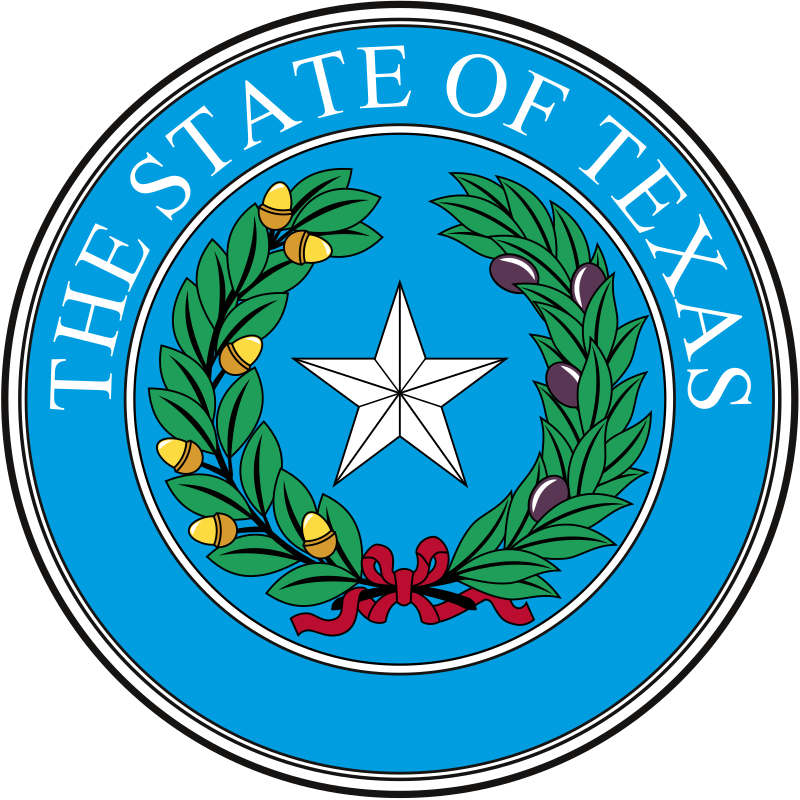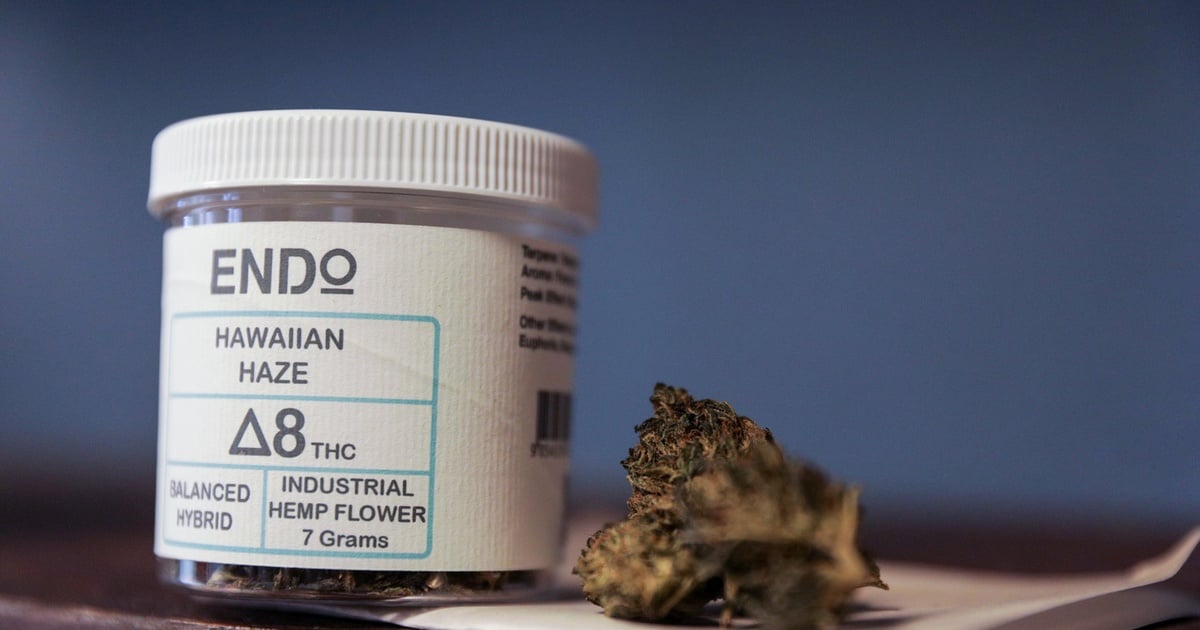Lawmakers are struggling to balance demands for medicinal cannabis products with a wildly growing market that is outpacing meaningful regulation.
When Texas state Sen. Charles Perry sat down this week in a packed room at the state Capitol to hear testimony on whether to ban some psychoactive hemp products from being sold in the state, he already knew what was coming.
The Lubbock Republican’s 2019 agricultural hemp legislation — a bipartisan, farmer-friendly bill — had opened up the state’s hemp industry and, in doing so, touched off a massive new consumable hemp market in Texas as well.



This is the best summary I could come up with:
“I told these retailers, ‘If you guys screw this up by being cute and getting people high off it, there will be consequences,’ ” he said during a Texas Senate State Affairs Committee interim hearing on consumable hemp on Wednesday.
Meanwhile, Texas rakes in taxes and fees as retailers thrive among increasing public calls for better research on and access to potential health benefits of low doses of THC and its non-psychoactive relative, CBD.
They also expressed deep concern about how the brightly colored, sweet-tasting gummies, chocolatey brownies, and fizzy drinks in bright-colored cans are enticing to young people and sold in locations that are easy for them to find.
The situation finds Texas lawmakers struggling to balance constituents demands for medicinal cannabis products with a wildly growing market that is outpacing meaningful regulation, enforcement and safety standards.
Dan Patrick gave them some direction, as well as an indication of his interest in the issue, earlier this year when he told the State Affairs committee to look into the sale of consumable hemp in Texas before lawmakers meet in 2025.
If they address the issue during the next session, lawmakers could consider age limits, childproof packaging, advertising restrictions, strict third-party testing rules, adjustments on how the THC is measured inside the products, and licensure of retailers instead of simple registration.
The original article contains 2,307 words, the summary contains 220 words. Saved 90%. I’m a bot and I’m open source!